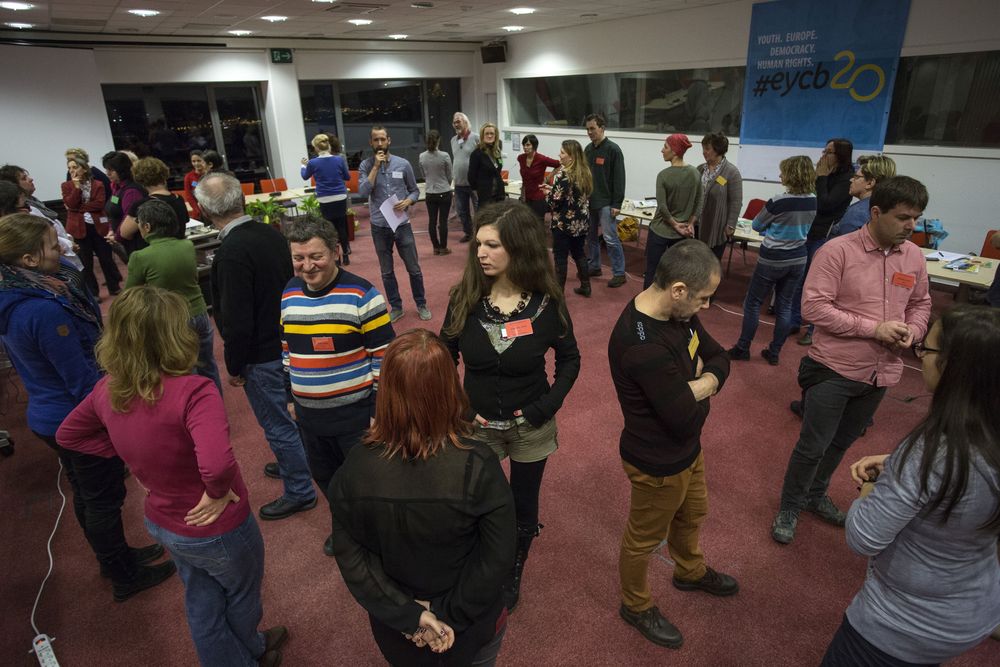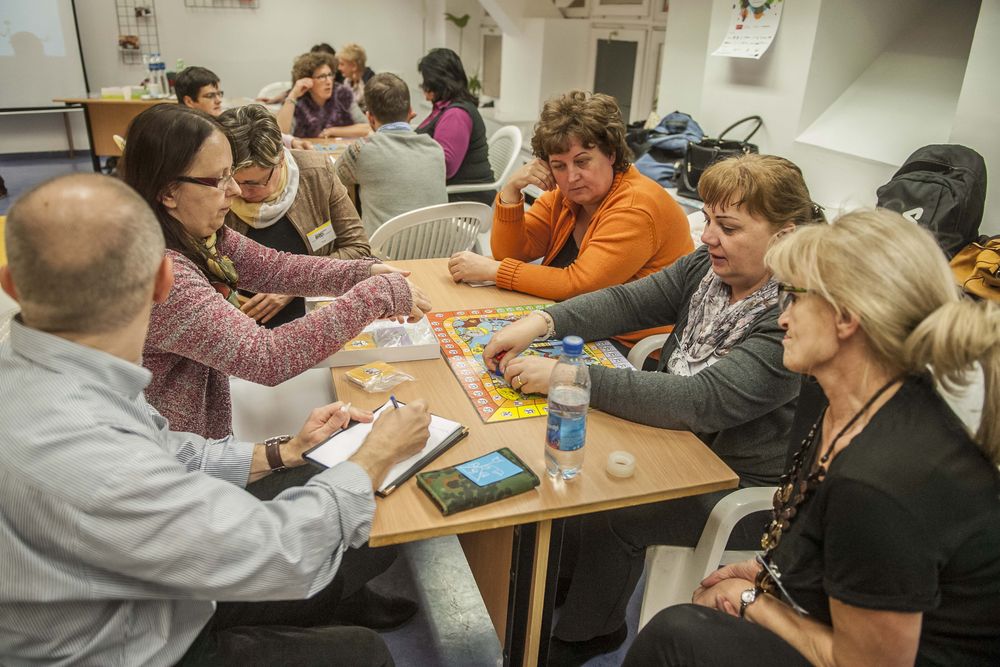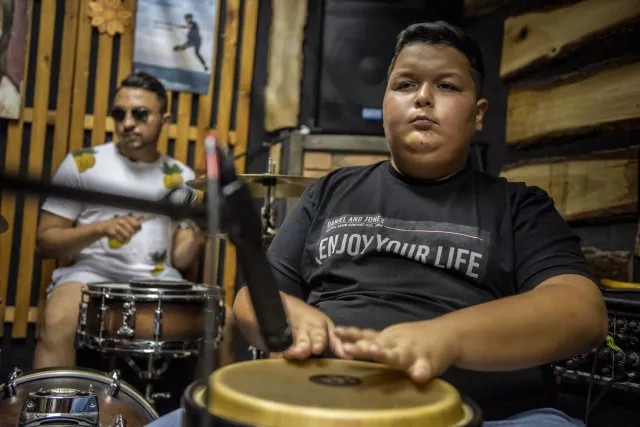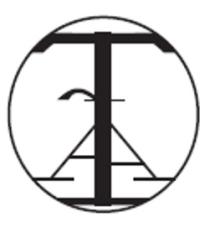One of the greatest challenges currently facing the Hungarian education system is the negative impact of natural segregation processes embedded within it. This is a complex issue, and our initiative aims to create opportunities for teachers—Roma and non-Roma, Jewish and non-Jewish, rural and urban, as well as from both disadvantaged and elite educational institutions—to implement projects that help bring the youngest generation closer together.

Since the change of regime, the right to freely choose schools has led to unintended consequences: most students remain within their own social environments and rarely interact with other groups. As a result, anti-Semitism, anti-Roma sentiment, xenophobia, and intolerant attitudes have grown more prevalent. Our joint program is designed to address these challenges:
- The vast majority of educational institutions in Hungary inadvertently contribute to the isolation of Roma, Christian, and Jewish communities, as well as to the continued divide between wealthier and less affluent segments of society. There is minimal active contact or collaboration between these schools.

Our program complements the Hungarian education system by fostering cooperation among teachers who are committed to engaging their students in interfaith and intercultural dialogue. Through our training program, we offer practical approaches and solutions to address these issues.
We believe that schools play a key role in shaping what kind of citizens young people become—how well they understand their environment, their neighbors, and their fellow human beings. The teachers and students involved in the Common Denominator program are building an open, curious, supportive, and critically thinking society. They design and implement projects that help bridge cultural, social, and religious divides.
The Common Denominator program has achieved the following results to date:
- 4 long-weekend seminars for teachers, involving a total of 68 active educators from 27 schools across 12 municipalities
- 45 cooperative project plans developed
- 21 projects implemented, actively engaging 800 students and more than 70 teachers
- 4 long-term inter-school collaborations (projects that continue annually)



















